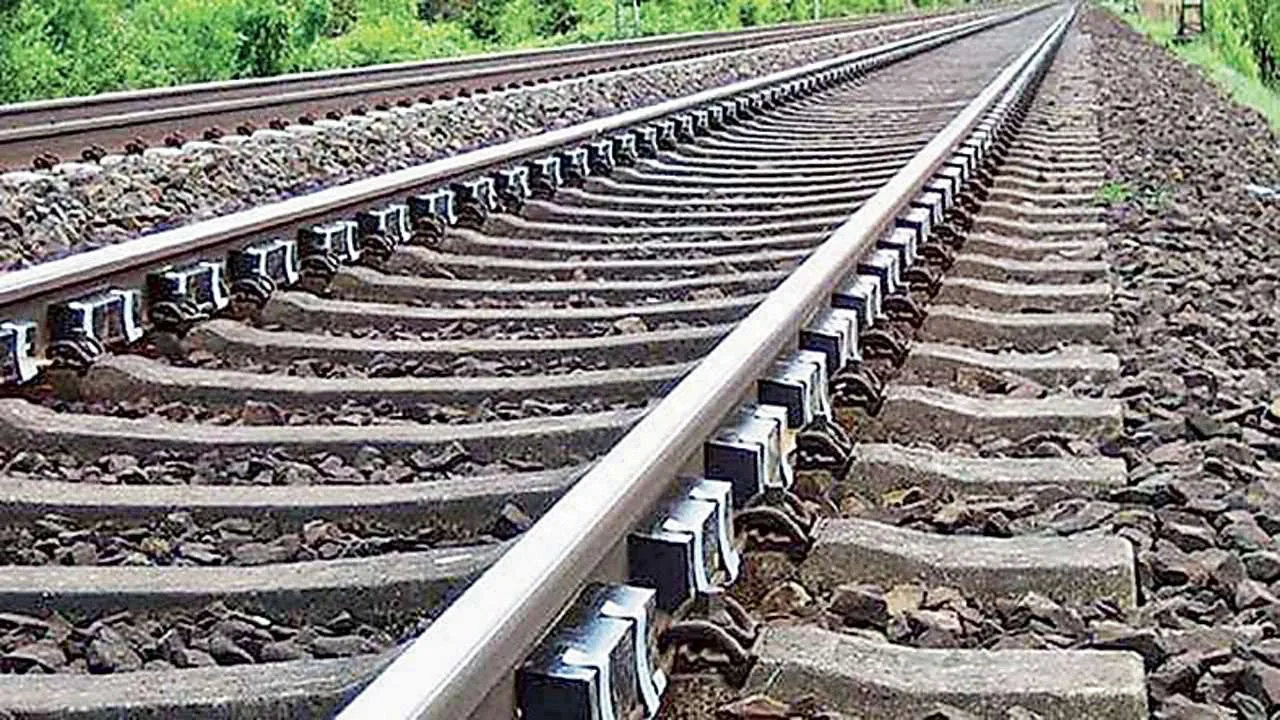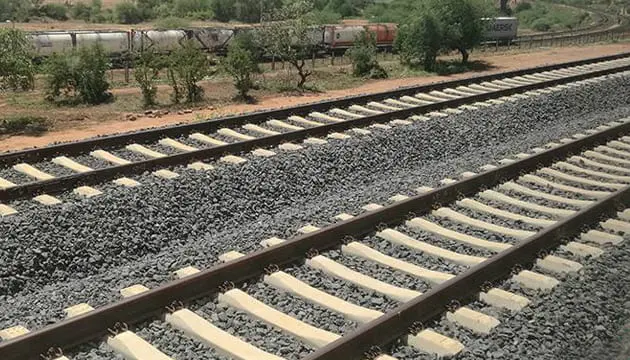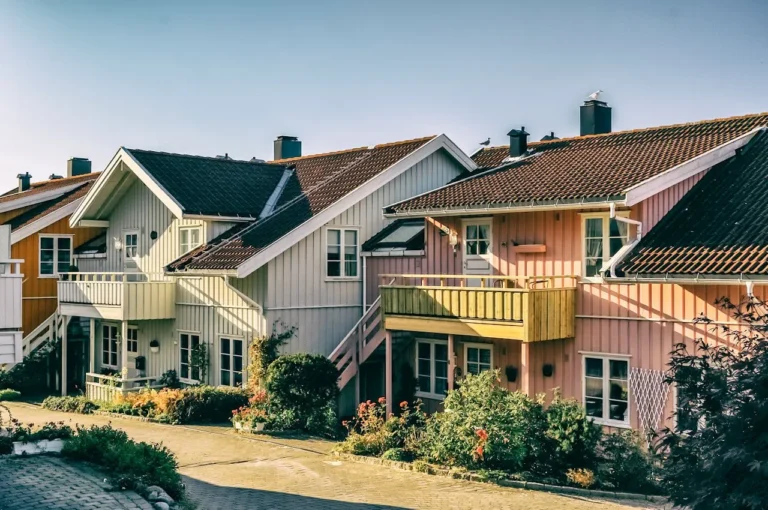
Budimex Advances Railway Line 104 Modernisation
Budimex, one of Poland’s largest construction and infrastructure companies, has announced the successful completion of works on the A1 section of railway line No. 104 between Chabówka and Rabka Zaryte. This milestone forms part of the broader Podłęże–Piekiełko project, a strategic investment aimed at transforming rail transport across the Małopolska region. With this achievement, passenger services have now resumed at the Rabka-Zdrój stop after a two-year hiatus caused by modernisation works.
The project marks the delivery of the first stage of what is considered one of the most important railway undertakings in southern Poland. Central to this stage was the construction of a brand-new 300-meter-long passenger platform at Rabka-Zdrój station, designed to meet the latest accessibility and safety standards.
A Complex Engineering Undertaking
The scale of the works in Rabka-Zdrój was far more ambitious than the simple renewal of railway tracks and stations. Budimex’s engineering teams were tasked with reconstructing the entire communication system in the very heart of the town. This included roadworks, new railway infrastructure, and improvements in public accessibility—all while maintaining the continuity of daily traffic in a busy tourist and residential area.
“The reconstruction of the entire communication system of the centre of Rabka while maintaining traffic continuity was a huge engineering challenge. Thanks to the commitment of the team and close cooperation with the residents, we are commissioning the first part of this long-awaited investment,” explained Krzysztof Kulpa, Contract Director at Budimex SA.
The works involved more than just railway tracks. A new underground passage was constructed beneath the station, equipped with a ramp to accommodate people with reduced mobility, improving inclusivity for all passengers. In addition, the central road system of Rabka-Zdrój was fully rebuilt, which included the construction of two modern roundabouts, a grade-separated underpass beneath the railway tracks, and the renewal of underground infrastructure such as water and sewage networks.
These efforts have resulted in a safer, more efficient, and more functional transportation hub for both residents and the thousands of tourists who visit Rabka-Zdrój each year, particularly given the town’s popularity as a spa destination.
Meeting Environmental Standards
The section between Chabówka and Rabka Zaryte lies in a mountainous area where construction faces unique challenges such as unstable terrain, active landslides, and dense urban surroundings. From the outset, Budimex ensured that environmental stewardship was built into the project. The works were conducted under extensive environmental supervision programs that included monitoring by specialists across numerous fields: botany, ichthyology (fish studies), herpetology (reptiles and amphibians), chiropterology (bats), entomology (insects), and ornithology (birds).
This comprehensive ecological oversight ensured that construction activities did not unduly harm local wildlife or ecosystems. In line with sustainability requirements, Budimex also committed to several compensatory measures to offset environmental impact. These measures included planting approximately 730 new trees, introducing 1,000 square meters of shrubs, and installing artificial habitats such as 12 birdhouses and 8 bat boxes to support local fauna.
The management of construction waste was carried out in a selective and environmentally responsible manner. Recyclable materials were handed over to specialized entities, while reusable elements such as track ballast, soil, sand, and aggregate were processed and re-applied directly on-site. This approach not only reduced waste but also lowered the project’s carbon footprint.

“In the case of this type of implementation, the most important thing is not only the final result, but also the way the work is carried out. We consulted each stage with the local community, informing residents about changes in traffic organization and responding to reports. Transparent dialogue is one of the key elements of the entire process,” emphasized Mateusz Mikołajczyk, Deputy Contract Director at Budimex SA.
This approach highlights Budimex’s dual focus on delivering technical excellence while maintaining social responsibility.
Strategic Value of Line 104
The completed works are part of a much larger undertaking that goes beyond Rabka-Zdrój. On 11 May 2023, Budimex signed a contract with PKP Polskie Linie Kolejowe (PLK), Poland’s national railway infrastructure manager, for the first stage of the modernization of railway line No. 104. The contract, valued at PLN 366 million (net), covered a 6-kilometer stretch of track between Chabówka and Rabka Zaryte, including the construction of associated technical infrastructure and several new engineering structures.
This section of line 104 is included in the Trans-European Transport Network (TEN-T), which integrates key transport corridors across the European Union. It is also directly linked to the railway component of the Central Communication Port (CPK) project—Poland’s ambitious plan to create a new international transport hub combining rail, road, and aviation infrastructure.
The modernization of line 104 is one of the most crucial segments of the wider Podłęże–Piekiełko railway project, a strategic initiative that will drastically improve connectivity in southern Poland. Once completed, the line will significantly cut travel times: reducing the journey between Kraków and Nowy Sącz to about one hour and between Kraków and Zakopane to just 90 minutes.
This reduction in travel time is expected to strengthen regional development, boost tourism in the Tatra Mountains and spa towns like Rabka-Zdrój, and provide a sustainable alternative to road transport. For local residents, the upgraded line will mean better commuting options and improved integration into the national and European railway networks.
Challenges and Broader Impact
The works carried out in Rabka-Zdrój represent just a small part of a massive multi-year infrastructure program. The Podłęże–Piekiełko project involves constructing over 58 kilometers of brand-new railway lines through mountainous terrain and modernising 144 kilometers of existing tracks. The engineering complexity is considerable: dozens of tunnels and viaducts are planned, many of which require advanced construction technologies to overcome the difficult geological conditions.
Despite these challenges, the project has enjoyed strong public support, in part because of Budimex’s commitment to community engagement. By keeping local residents informed, addressing their concerns, and ensuring that disruptions were minimized, the company was able to maintain trust and cooperation throughout the construction process.
The resumption of passenger services at Rabka-Zdrój is a symbolic step forward. While only a small portion of the entire Podłęże–Piekiełko initiative, it demonstrates tangible progress and offers immediate benefits to passengers. Residents now enjoy a safer, modernized transport hub, while tourists once again have easy rail access to the spa town.
For Budimex, the completion of this stage reaffirms its role as a key player in Poland’s infrastructure transformation. The company’s track record in delivering large-scale, technically demanding projects ensures that it will continue to be a central partner in shaping the future of Polish transport.
The coming years will see the continuation of works along the remaining sections of line 104, with further upgrades and new construction phases planned. Each milestone will bring the Małopolska region closer to its goal of a modern, efficient, and environmentally sustainable railway network that meets European standards.




